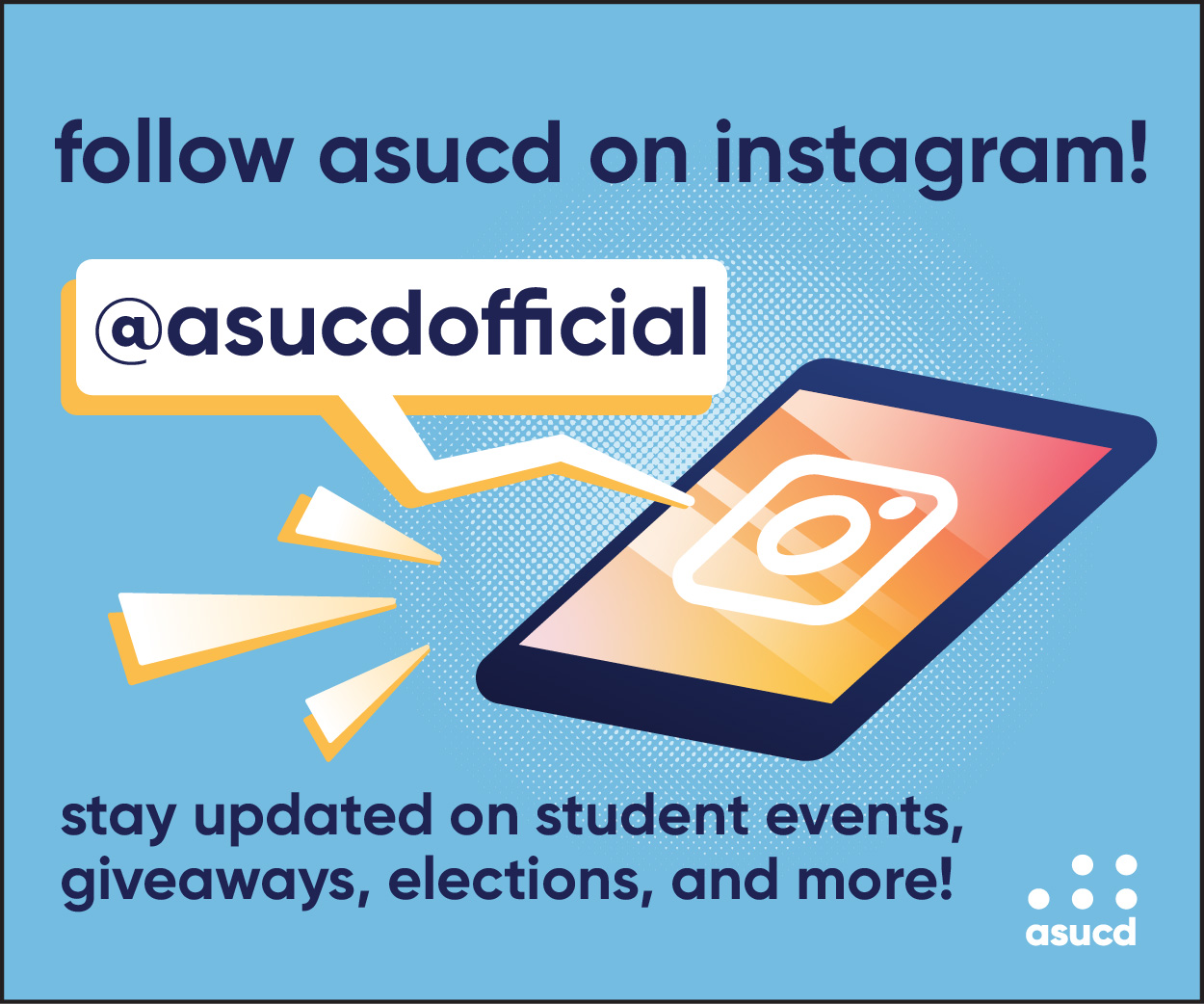ASUCD Coffee House patrons have a new way to be environmentally friendly with the addition of eight composting bins inside the Memorial Union.
After meeting with representatives from Campus Unions, Davis Honors Challenge and the CoHo, ASUCD launched a program to see how well UC Davis students can learn to compost.
“There are a lot of things that the CoHo sells that look like just plastic but are actually compostable,” said Bree Rombi, a sophomore communication and Spanish major and ASUCD senator.
Posters above the re-designed garbage, compost and recycle bins are meant to teach patrons what products belong in each bin. Every consumer product the CoHo uses is physically glued to one of these posters.
ASUCD purchased 1,000 gold labels to establish which CoHo items are compostable, costing approximately $75.
Food waste, paper napkins, paper plates and other labeled containers can be composted. While CoHo coffee cups are compostable, the lids are not. Even though the lids are marked with recycling symbols, only number one and two plastics should be placed in recycling bins in Davis.
When confused about where to place waste, Rombi urges consumers to use the garbage bin entitled “landfill.” Compost is compacted into blocks, and if too many items that are not compostable are found, the entire block becomes garbage.
“It’s a waste for the things that were in the block that were compostable, if there is too much contamination,” Rombi said.
DHC students performed an audit of the garbage, compost and recycle bins and determined that 75 percent of the items placed in the landfill bin could actually have been composted.
The addition of compost bins holds no extra cost with the exception of the trash bags used. While the normal bags are 8 cents each, the biohazard bags required for composting are 80 cents each.
– Janelle Bitker



